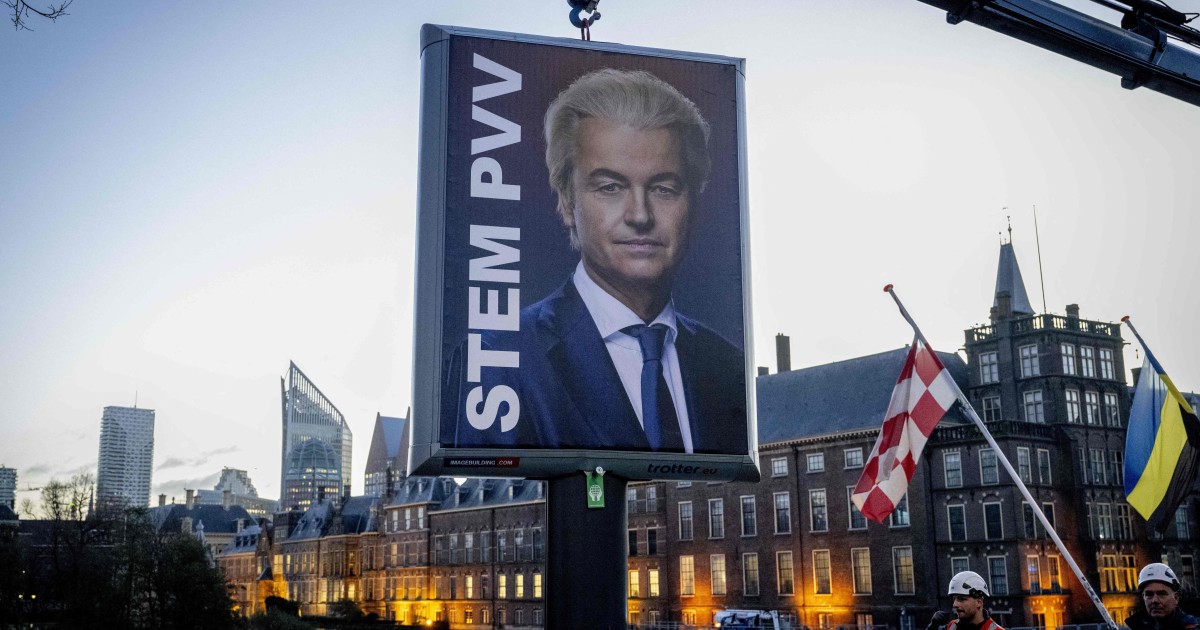Key takeaways:
- Geert Wilders’ Party for Freedom won 37 seats in the Dutch elections, more than double the 17 seats he won at the last election.
- The election result is a reflection of the growing support for far-right parties across Europe, with many citizens feeling that the traditional political parties have failed to address their concerns.
- If Wilders is able to form a coalition government, it could lead to a shift in the country’s policies, particularly on immigration and integration, and embolden other far-right parties in Europe.
The Netherlands experienced a political shift to the far right on Thursday, as anti-Islam populist Geert Wilders won a huge victory in the Dutch elections. According to a near complete count of the vote, Wilders’ Party for Freedom was forecast to win 37 seats in the 150-seat lower house of parliament, two more than predicted by an exit poll when voting finished Wednesday night. This is more than double the 17 seats he won at the last election, and puts Wilders in line to lead talks to form the next governing coalition and possibly become the first far-right prime minister of the Netherlands.
Wilders’ victory is a stunning lurch to the far right for a nation once famed as a beacon of tolerance, and will send shockwaves through Europe, where far-right ideology is on the rise. Wilders himself expressed his joy at the result, saying “I had to pinch my arm.”
The election result is a reflection of the growing support for far-right parties across Europe, with many citizens feeling that the traditional political parties have failed to address their concerns. This is especially true in the Netherlands, where the economy has been sluggish and the government has been unable to address the rising cost of living.
The election result could have major implications for the Netherlands and the rest of Europe. If Wilders is able to form a coalition government, it could lead to a shift in the country’s policies, particularly on immigration and integration. It could also embolden other far-right parties in Europe, leading to further political shifts to the right.



Be First to Comment